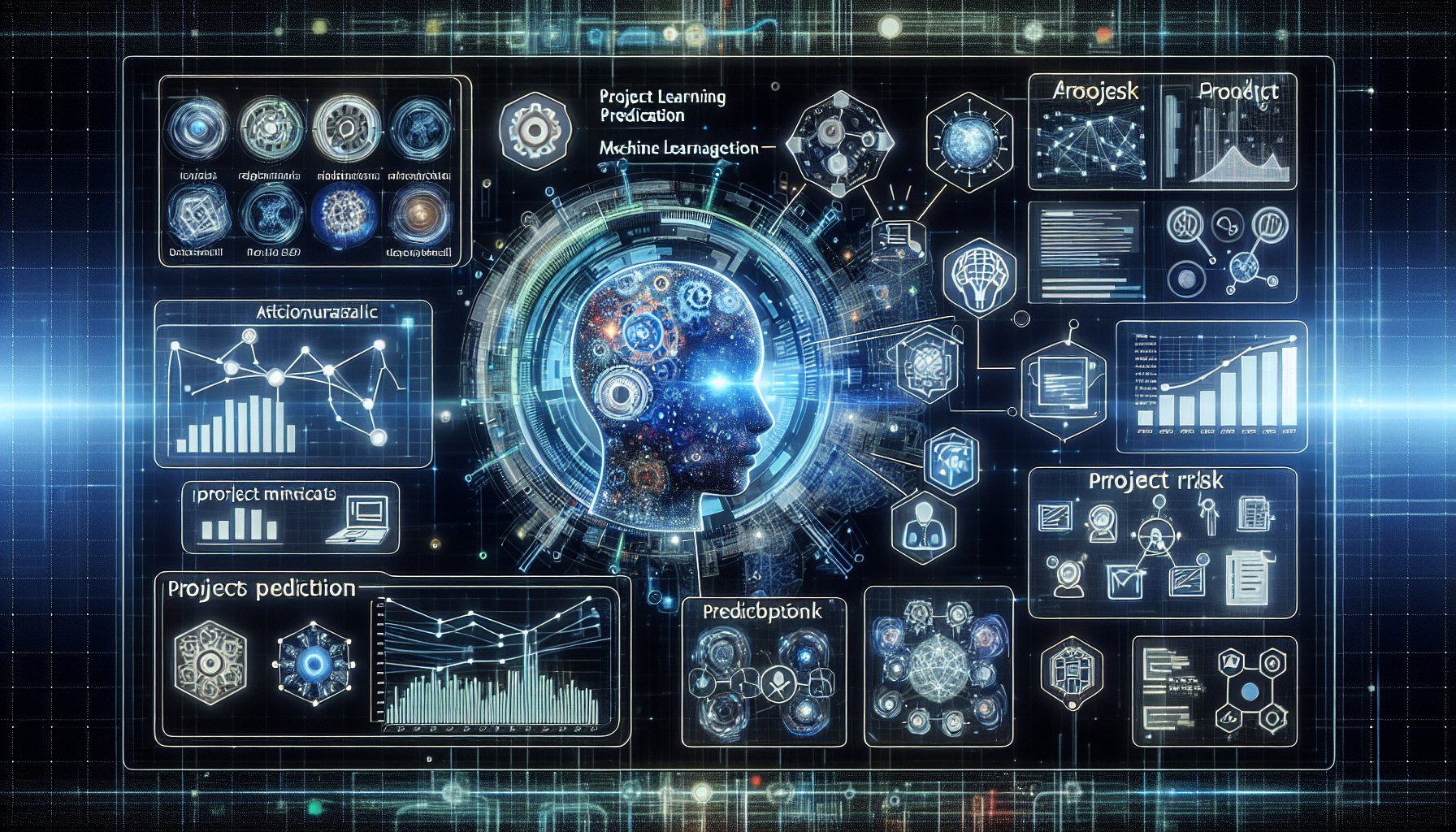AI-Enhanced Project Management: Using Machine Learning to Predict Project Risks and Streamline Workflows
Introduction
Advancements in artificial intelligence (AI) are revolutionizing various industries, with project management being no exception. AI, particularly machine learning (ML), has the potential to dramatically enhance how projects are managed from initiation to closure. This post explores how machine learning can be applied to predict risks and streamline workflows in project management.
Machine Learning in Project Management
Predicting Project Risks
Machine learning can analyze vast amounts of data to identify patterns and predict outcomes, which makes it an invaluable tool for risk management in projects. Here’s how ML can help in predicting project risks:
- Pattern Recognition: ML algorithms can detect patterns in historical project data, identifying common risk factors that impact project success.
- Predictive Analytics: By using past project data, ML models can forecast potential problems and their severities, allowing managers to take preemptive measures.
- Real-time Risk Monitoring: Machine learning models can continuously monitor project variables and alert managers about potential risks in real-time.
Streamlining Workflows
Machine learning can also significantly improve operational efficiency by automating routine tasks and optimizing project workflows:
- Task Automation: AI can automate mundane and repetitive tasks such as data entry and status updating, freeing up time for more critical activities.
- Workflow Optimization: By analyzing past projects, ML algorithms can suggest the most efficient sequences of actions to reduce waste and save time.
- Resource Allocation: ML models can predict the optimal allocation of resources, ensuring that projects have the assets they need when they are needed without overutilization or resource wastage.
Practical Application of AI in Project Management
Integrating AI into project management is not as daunting as it might seem. Here are simple steps to get started:
- Data Collection: Collect all relevant project data, such as timelines, budgets, resource usage, and performance metrics.
- Model Training: Use collected data to train machine learning models tailored to specific predictive or optimization needs.
- Integration: Implement trained models into existing project management tools or develop new tools built around these AI capabilities.
- Continuous Improvement: Continuously feed new project data back into the system to improve model accuracy and relevance.
Conclusion
Machine learning is changing the landscape of project management by enabling risk prediction and workflow optimization. As AI technology continues to evolve, its integration into project management tools and processes will likely become more prevalent. Early adopters of this technology will gain substantial advantages in efficiency, accuracy, and risk handling, steering their projects towards greater success.




